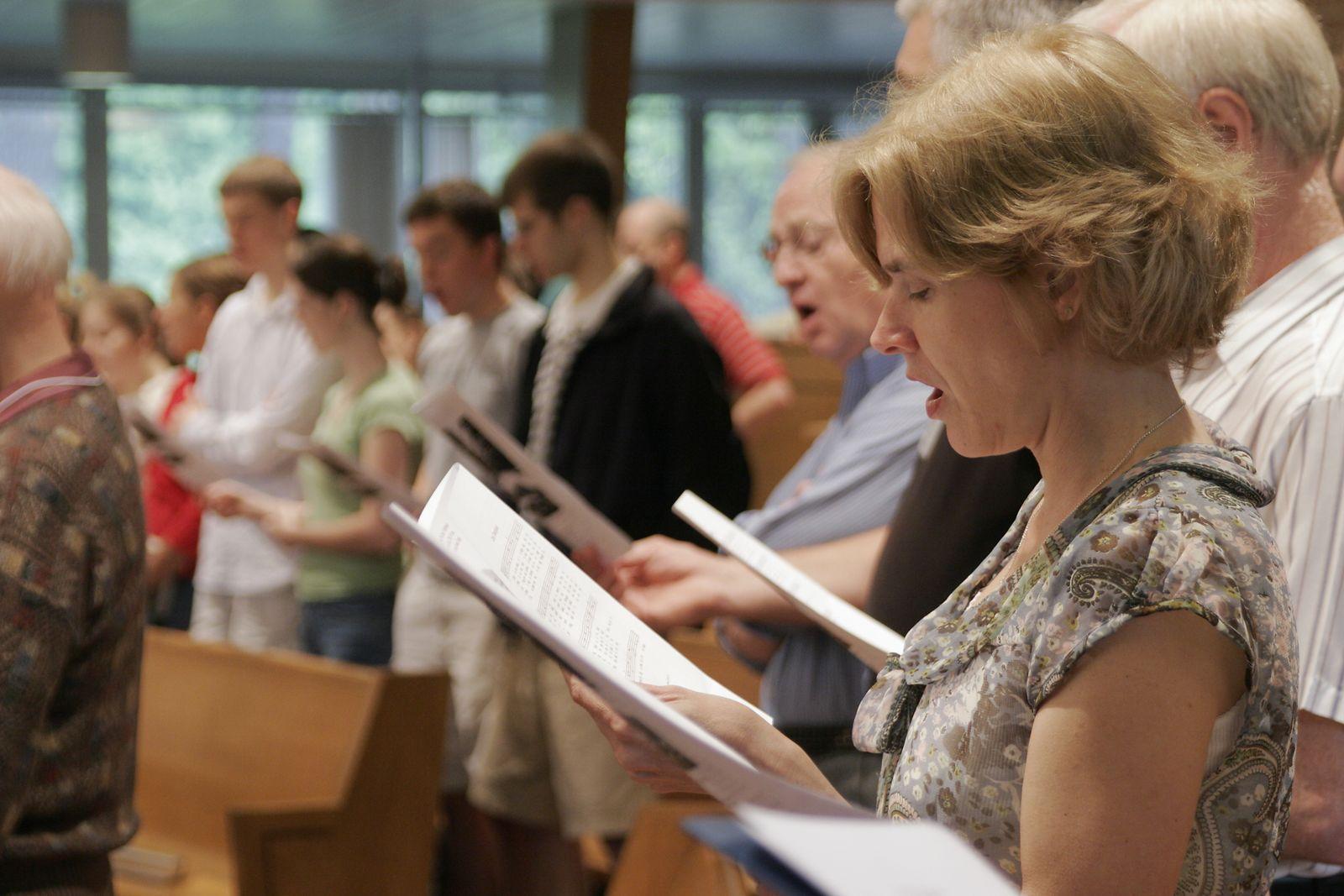Gal. 1:23 They only were hearing it said, “He who used to persecute us is now preaching the faith he once tried to destroy.”
But this does not mean that he was from that moment free from sin. He was certainly free from the dominion of sin, but was not free from its presence in his life. Therefore, he largely speaks of this inner war in Romans 7 among other places. But he is confident that he will have the victory:
Rom. 7:22-25 For I delight in the law of God, in my inner being, 23 but I see in my members another law waging war against the law of my mind and making me captive to the law of sin that dwells in my members. 24 Wretched man that I am! Who will deliver me from this body of death? 25 Thanks be to God through Jesus Christ our Lord! So then, I myself serve the law of God with my mind, but with my flesh I serve the law of sin.
There is a continual conflict within Paul and two things waging war against each other. But he is confident that he will have victory through Jesus Christ our Lord! He speaks of himself in the present tense as being the foremost of sinners (1 Tim. 1:15). He knows that he has not yet attained perfection, but it is still his aim to do so (Phil. 3:11-12). In Galatians 5, he speaks of the two opposing desires of the flesh and the Spirit of God. This is similar to Romans 7 and what is there called the law of my mind and the law of sin. He writes:
Gal. 5:16-17 But I say, walk by the Spirit, and you will not gratify the desires of the flesh. 17 For the desires of the flesh are against the Spirit, and the desires of the Spirit are against the flesh, for these are opposed to each other, to keep you from doing the things you want to do.
Paul gives a command, namely: walk by the Spirit. This means that we must live “under the influences of the Holy Spirit; admit those influences fully into your hearts. Do not resist him, but yield to all his suggestions”.[15] We should seek to listen to the directions of the Spirit and keep His Word in our hearts. To walk in the Spirit means to conduct ourselves in keeping and consistent with the Holy Spirit. In Galatians 5:25, Paul says, “If we live by the Spirit, let us also keep in step with the Spirit.” Barnes explains:
The sense of this verse probably is, “We who are Christians profess to be under the influences of the Holy Spirit. By his influences and agency is our spiritual life. We profess not to be under the dominion of the flesh; not to be controlled by its appetites and desires. Let us then act in this manner, and as if we believed this. Let us yield ourselves to his influences, and show that we are controlled by that Spirit.” It is an earnest exhortation to Christians to yield wholly to the agency of the Holy Spiri...










